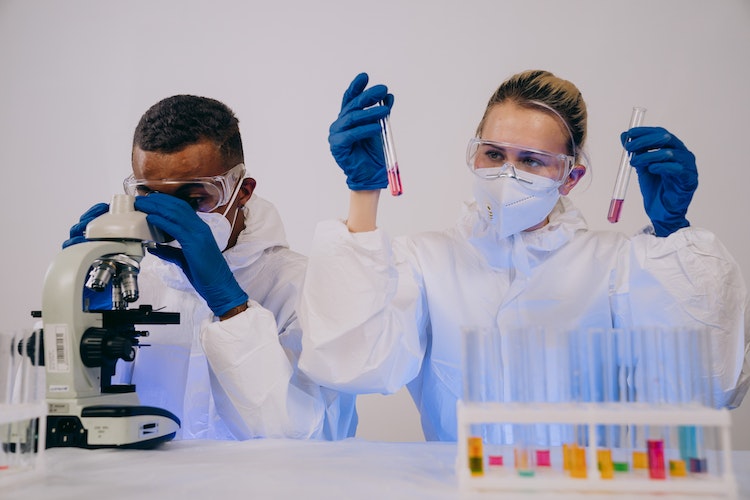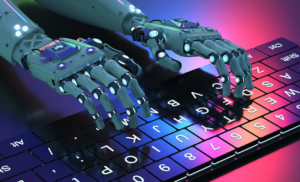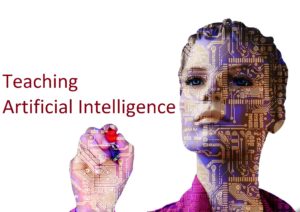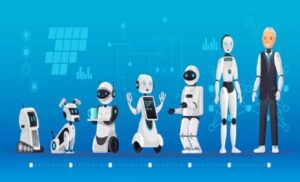The introduction of Artificial Intelligence (AI) was the beginning of a new era for several industries; the healthcare industry took a significant impact of AI too. The medical field has been continuously evolving for decades.
“AI has played a crucial role in boosting the advancements that are taking place in the medical industry.”
Among the areas that have been the most affected by AI is a medical diagnosis. Previously, the knowledge and expertise of medical professionals were considered the sole reliant guide for medical diagnosis. Nonetheless, 21st-century medical diagnosis is more efficient and accurate due to AI technology.
Incorporation Of AI Into Medical Diagnosis
The implementation and subdivisions of AI can be described as ‘vast’. AI comprises numerous technologies like deep learning, machine learning, natural language processing, and computer vision. With the help of these technologies, AI is now capable of learning, reasoning, and processing complex data. This improvement has led to a significant advancement in medical diagnosis.
Deep Learning
With deep learning algorithms, AI can examine medical images like CT scans, MRIs, and X-rays. Deep learning algorithms have brought a massive improvement in medical imaging diagnosis.
Machine Learning
Various machine learning algorithms allow AI to perform analysis on large data sets. They also assist AI with identifying patterns that human experts may oversee or find difficult to recognize.
Natural Language Processing
Another benefit of AI involves natural language processing (NLP) algorithms. These algorithms help AI to extract and evaluate medical data from electronic health records (EHRs).
Computer Vision
With computer vision algorithms, AI is enabled to study medical images and videos, positively impacting medical diagnosis.
Medical Diagnosis Under The Positive Influence Of AI
AI is remodelling medical diagnosis in many ways.
- AI is allowing healthcare practitioners to spot medical conditions or abnormalities quicker than traditional diagnosis methods.
- The accuracy of medical diagnosis is significantly improving with AI, which is making the treatments more effective.
- AI is enhancing the proficiency of medical diagnosis, decreasing the time required to diagnose a patient, thus increasing the patient inflow.
- AI is also enabling healthcare professionals to personalize treatments for patients based on their genetic makeup, which makes the treatment and patient outcomes more effective.
- AI is stepping up the game for medical diagnosis and healthcare by making way for virtual medical assistants or chatbots. This helps in skipping in-person visits that may require a minimum physical diagnosis. Hence medical diagnosis becomes quicker and more productive.
Challenges Of AI In Medical Diagnosis
The extent of the benefits offered to medical diagnosis and treatment by AI stretches over and beyond the horizon. However, there are challenges that need to be addressed in order to get the best out of AI.
- AI algorithms require more extensive data sets for training, but obtaining them can be difficult.
- It is essential to update the AI algorithms regularly to maintain accuracy.
- Patient privacy and data protection is a foremost priority in the medical industry and billing, and thus demands every related concern to be addressed that is arising with AI.
- The reliability of AI algorithms can also be doubtful as they may be influenced by biased data.
Emphasizing overcoming these challenges will unlock the full potential of AI in healthcare and medical diagnosis. This will transform the care delivered to patients.
Example Of Implementation Of AI In Medical Diagnosis And Treatment
Many companies specialized in information management and medical device labelling which helped them with analyzing and interpreting medical device data. Moreover, it assisted healthcare providers with managing and tracking medical devices efficiently. As a result, the risk of errors was minimized, and patient safety was improved.
Future Of AI In Medical Diagnosis And Treatment
In future, AI is expected to be a prospective and successful component of medical diagnosis. Promising AI technology is modifying and upgrading at a phenomenal rate. Furthermore, the benefits offered by AI to medical diagnosis are forecasted to beat the challenges.
“With the development, deployment and integration of AI in medical treatments witnessed in the improved efficiency, speed, and accuracy of medical diagnosis. “
Lastly, the evolution of AI technology is a continuous process which will undergo regular updates in algorithms and approaches. This will further improve medical treatments and diagnosis. The ongoing development and advancement in AI technology suggest that we expect to experience more efficient and accurate medical diagnoses in the future.

